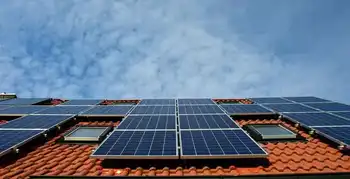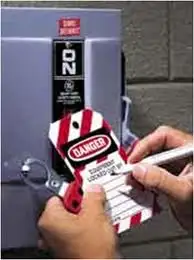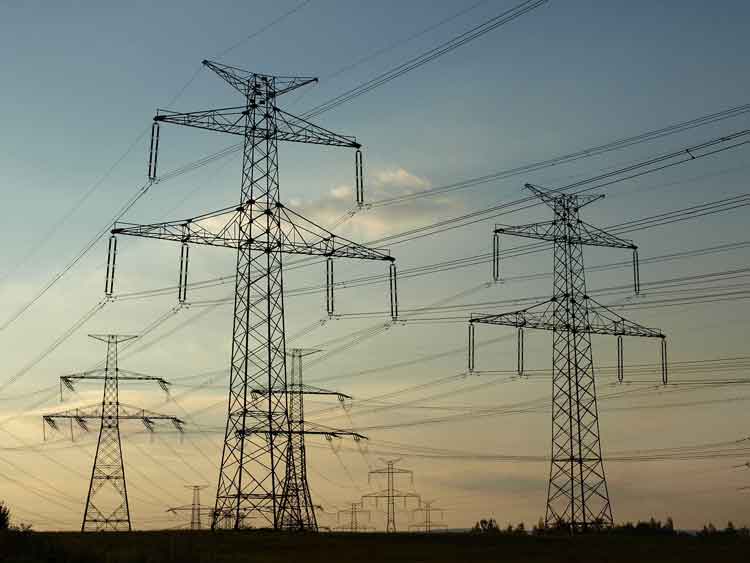Solar Plus Battery Storage Cheaper Than Conventional Power in Germany

Protective Relay Training - Basic
Our customized live online or in‑person group training can be delivered to your staff at your location.

- Live Online
- 12 hours Instructor-led
- Group Training Available
Germany Solar-Plus-Storage Cost Parity signals grid parity as solar power with battery storage undercuts conventional electricity. Falling LCOE, policy incentives, and economies of scale accelerate the energy transition and decarbonization across Germany's power market.
Key Points
The point at which solar power with battery storage is cheaper than conventional grid electricity across Germany.
✅ Lower LCOE from tech advances and economies of scale
✅ EEG incentives and streamlined installs cut total costs
✅ Enhances energy security, reduces fossil fuel dependence
Germany, a global leader in renewable energy adoption, with clean energy supplying about half of its electricity in recent years, has reached a significant milestone: the cost of solar power combined with battery storage has now fallen below that of conventional electricity sources. This development marks a transformative shift in the energy landscape, showcasing the increasing affordability and competitiveness of renewable energy technologies and reinforcing Germany’s position as a pioneer in the transition to sustainable energy.
The decline in costs for solar power paired with battery storage represents a breakthrough in Germany’s energy sector, especially amid the recent solar power boost during the energy crisis, where the transition from traditional fossil fuels to cleaner alternatives has been a central focus. Historically, conventional power sources such as coal, natural gas, and nuclear energy have dominated electricity markets due to their established infrastructure and relatively stable pricing. However, the rapid advancements in solar technology and energy storage solutions are altering this dynamic, making renewable energy not only environmentally preferable but also economically advantageous.
Several factors contribute to the cost reduction of solar power with battery storage:
-
Technological Advancements: The technology behind solar panels and battery storage systems has evolved significantly over recent years. Solar panel efficiency has improved, allowing for greater energy generation from smaller installations. Similarly, cheaper batteries have advanced, with reductions in cost and increases in energy density and lifespan. These improvements mean that solar installations can produce more electricity and store it more effectively, enhancing their economic viability.
-
Economies of Scale: As demand for solar and battery storage systems has grown, manufacturers have scaled up production, leading to economies of scale. This scaling has driven down the cost of both solar panels and batteries, making them more affordable for consumers. As the market for these technologies expands, prices are expected to continue decreasing, further enhancing their competitiveness.
-
Government Incentives and Policies: Germany’s commitment to renewable energy has been supported by robust government policies and incentives. The country’s Renewable Energy Sources Act (EEG) and other supportive measures, alongside efforts to remove barriers to PV in Berlin that could accelerate adoption, have provided financial incentives for the adoption of solar power and battery storage. These policies have encouraged investment in renewable technologies and facilitated their integration into the energy market, contributing to the overall reduction in costs.
-
Falling Installation Costs: The cost of installing solar power systems and battery storage has decreased as the industry has matured. Advances in installation techniques, increased competition among service providers, and streamlined permitting processes have all contributed to lower installation costs. This reduction in upfront expenses has made solar with battery storage more accessible and financially attractive to both residential and commercial consumers.
The economic benefits of solar power with battery storage becoming cheaper than conventional power are substantial. For consumers, this shift translates into lower electricity bills and reduced reliance on fossil fuels. Solar installations with battery storage allow households and businesses to generate their own electricity, store it for use during times of low sunlight, and even sell excess power back to the grid, reflecting how solar is reshaping electricity prices in Northern Europe as markets adapt. This self-sufficiency reduces exposure to fluctuating energy prices and enhances energy security.
For the broader energy market, the decreasing cost of solar power with battery storage challenges the dominance of conventional power sources. As renewable energy becomes more cost-effective, it creates pressure on traditional energy providers to adapt and invest in cleaner technologies, including responses to instances of negative electricity prices during renewable surpluses. This shift can accelerate the transition to a low-carbon energy system and contribute to the reduction of greenhouse gas emissions.
Germany’s achievement also has implications for global energy markets. The country’s success in making solar with battery storage cheaper than conventional power serves as a model for other nations pursuing similar energy transitions. As the cost of renewable technologies continues to decline, other countries can leverage these advancements to enhance their own energy systems, reduce carbon emissions, and achieve energy independence amid over 30% of global electricity now from renewables trends worldwide.
The impact of this development extends beyond economics. It represents a significant step forward in addressing climate change and promoting sustainability. By reducing the cost of renewable energy technologies, Germany is accelerating the shift towards a cleaner and more resilient energy system. This progress aligns with the country’s ambitious climate goals and reinforces its role as a leader in global efforts to combat climate change.
Looking ahead, several challenges remain. The integration of renewable energy into existing energy infrastructure, grid stability, and the management of energy storage are all areas that require continued innovation and investment. However, the decreasing cost of solar power with battery storage provides a strong foundation for addressing these challenges and advancing the transition to a sustainable energy future.
In conclusion, the fact that solar power with battery storage in Germany has become cheaper than conventional power is a groundbreaking development with wide-ranging implications. It underscores the technological advancements, economic benefits, and environmental gains associated with renewable energy technologies. As Germany continues to lead the way in clean energy adoption, this achievement highlights the potential for renewable energy to drive global change and reshape the future of energy.















